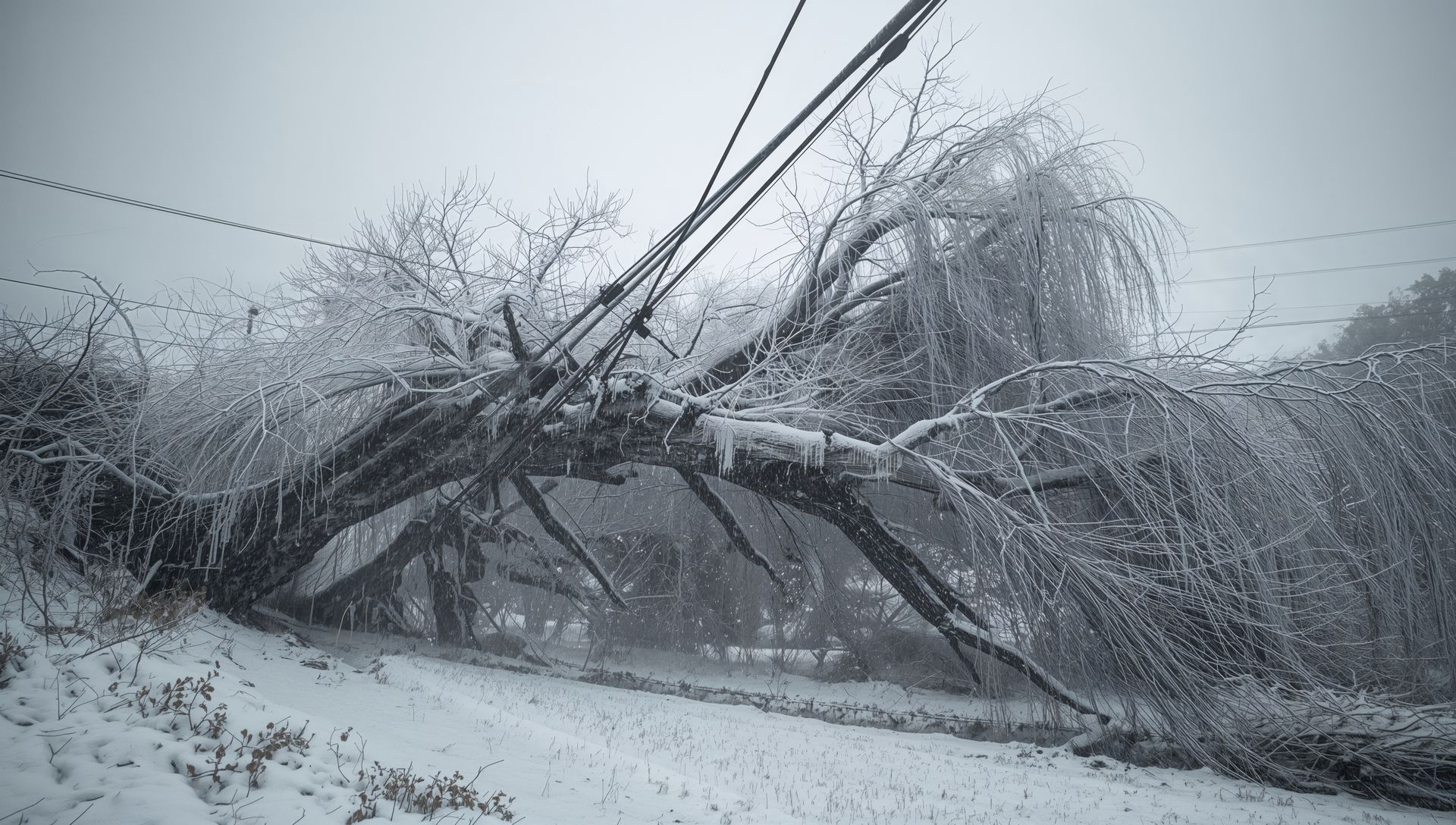Be Careful Little Tongue . . .

A few years ago, I answered a call from someone with the Red Cross. They were checking to see if we were serving a particular family; a relative of the deceased was serving overseas and they were working with the military to bring him home for the service. But first they had to verify that there was, indeed, a service. When I responded in the affirmative, assuring her we were assisting the family and that the death had truly occurred, she said, in a voice about as perky and pleased as you can get, “WONDERFUL!!!”
Really?
I’m pretty sure she didn’t think about how that came across. Perhaps she had already tried several phone numbers before reaching the correct one, an accomplishment that she felt required a moment of celebration. Or perhaps she had been successful on the first try and was genuinely excited at having reached the right funeral home. I really don’t believe she was expressing pleasure at the demise of the poor soul in question . . .
There’s a children’s song that’s been taught in churches for ages that includes the words, “Be careful little tongue what you say . . .” Unfortunately, too many folks don’t realize those words of wisdom apply in a wide variety of life situations. Responding to Death and the grieving would definitely be one. Most of us have enough sense not to come across as gleeful when speaking with the survivors of loss, but there are a number of other responses that can be equally distressing, like condemnation for grieving too long . . . or not long enough . . . or perhaps for taking a loss too hard . . . or not hard enough. We tend to judge the response of others to a situation based on how we think we would respond, but since we’re all totally different people, that approach doesn’t work—unless your intention is to cause even more pain than is already present.
Trite phrases, although they may be time-worn, aren’t helpful either. They may not be as harmful as implied pleasure (although some are actually worse), but there are better things to say. Try, “I’m so sorry for the loss of your (fill-in-the-blank with the appropriate relationship)”. Or perhaps just a handshake or a hug and a “What can I do?” If you know the person who has died, share a fond memory of them (just be sure you run that one through your head so you’re certain it actually should be shared). Then be quiet. Nothing gets us in trouble any faster than thinking we’ve got to keep talking when we’ve said all that needs to be said. Let the other person speak and follow their lead as to where the conversation goes.
Some folks can operate off the cuff and fare quite well. The rest of us need to put in some thought beforehand so our words to the grieving don’t make matters that much worse. Just don’t practice to the point that your condolences become scripted or sound rehearsed. The demonstration of genuine love and concern for those who are suffering is always a good starting point. Then let the grieving be your guide.
The post Be Careful Little Tongue . . . appeared first on Shackelford Funeral Directors | Blog.












